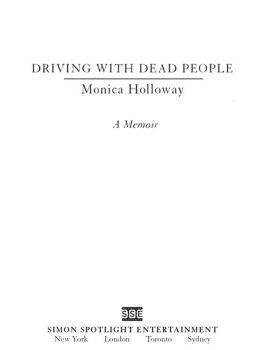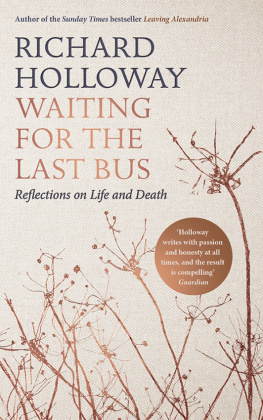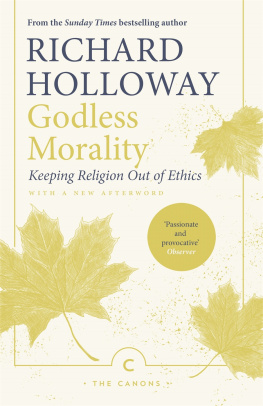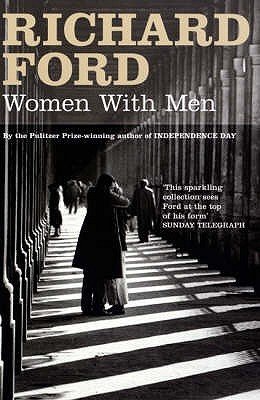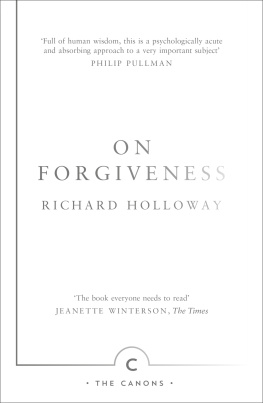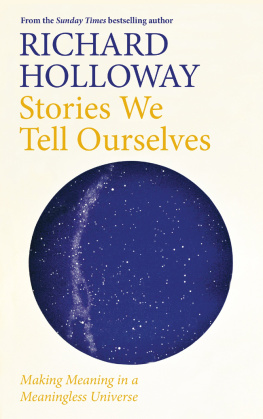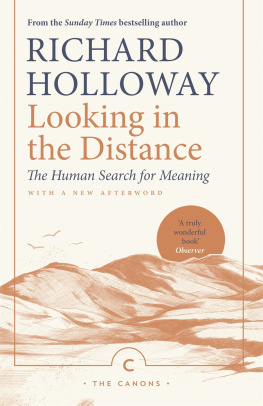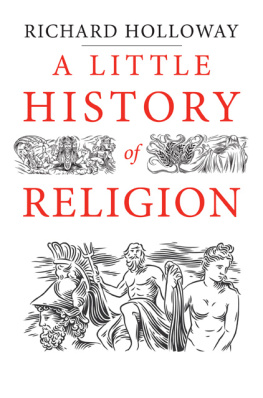A LETTER TO SIR RICHARD FORD, &c. &c.
GENTLEMEN ,
I have taken the liberty to consume a few minutes of your valuable time, for the purpose of awakening your attention to an evil, that has lately encreased to an enormous magnitude; an evil rendered the more mischievous, inasmuch as it is sanctioned by Magisterial authority.
You, Gentlemen, are not to be taught by me, that the law itself has marked with peculiar abhorrence, every species of oppression and injustice, that is perpetrated under its influence; for, dreadful indeed must be the situation of the subjects of any country, who are told that their oppressions are authorised by the power of Magistracy.
The mischief I allude to is the alarming depredations committed by a gang of abandoned wretches, who, by a scene of fraud and perjury, have long been in the habits of obtaining your warrants, under the fallacious pretences of prosecuting the keepers of Gaming Houses, Lottery Offices, Dancing Schools, and other public nuisances; but who, in fact, obtain those instruments of legal authority, to give countenance and facility to the most outrageous extortions and robberies: for, instead of causing such warrants to be executed for the ends of public justice, they prostitute them to the accomplishment of private plunder, turning them into terrific engines, to alarm the objects of supposed delinquency into a compliance with the most exorbitant pecuniary demands. And thus the Magistrates, who on all occasions, are anxious to embrace every opportunity of suppressing a public nuisance, become the dupes of profligate necessity, and the innocent parricides of that peace, liberty, and property, which the Police of this country appoint them to preserve and protect.
It is not my present purpose to enter into any thing like a general comparison of the morals of the ninth, and the nineteenth century; or to expatiate on the distinction between those of this country, and such as pervade the inhabitants of other regions; for, I believe the strictest scrutiny would end in a conclusion that human nature is much the same, in whatever part of the world geography can lead us; I will, therefore, briefly pursue the avowed purpose of this address, which is both local and temporary, calculated to remedy a species of iniquity, which stalks with gigantic strides, to the very threshold of the most salutary Police that human wisdom is capable of establishing.
It is astonishing, and no less so is it lamentable, that the laws of the wisest legislator, in all ages and countries, never did, or ever will, wholly subdue the predominant passions inherent in human nature; hence the wisdom and ingenuity of the laws, both antient and modern, aided by the intrepidity and vigilance of the Magistrates, have sunk under every attempt, to conquer the two most destructive vices which afflict mankind;it is almost needless to say, that I mean duelling and gaming; vices that have triumphed over, and bid defiance to, all human ordinances, from the earliest period of civilization, to the present moment.
But as I have selected the prevalency of gaming and its baneful effects, for the subject of your consideration, I shall not clog my animadversions with any extraneous observations.
If the information I mean to convey in this letter, was to reach no farther than the closets of men as well informed as yourselves, I should have spared myself the trouble of writing, and relieved you from the task of reading, at least two thirds of the subject now before you; for to tell men of erudition and legal knowledge, what were the laws and customs, vices and virtues, of the most celebrated antients, would be almost as futile and presumptuous, as to tell Sir Richard Ford, that the office he presides at, is in the parish of St. Paul, Covent Garden; but as this letter may get into the hands of men of a very opposite description, to them it may convey both information and admonition, as salutary to themselves, as beneficial to the community; or at least, should it fail, I have the satisfaction of a good intention, free from any apprehension of encountering the disapprobation of men whose good opinion is worth acquiring or preserving.
The prejudice of vulgar errors over the minds of Englishmen perhaps is more prevalent than in any other people, the major part of whom have as little idea that gaming exists in any other country as that roast beef can be met with in France or Italy.
To enter into an accurate history of the unbounded passion for gaming in all ages, and in all countries, and to recount the severity of those laws which have from time to time been enacted to restrain the evil, would be a work of more labour and time than I wish to devote to the subject, or indeed, than is necessary on the present occasion.
It is clear that the ruinous rage for gaming is not confined to this country, for history affords us too many proofs to establish a contrary conclusion.
The vice is not even confined to Europeans; for such is the unquenchable thirst for gaming in China, and such its melancholy effects, that they not only play for all the property they possess, but afterwards stake their wives and children, which are detained by the winner till they are redeemed. Their games are much the same as the Europeans, Hazard, Pas-dice, &c. &c.
With respect to the Italians, from the highest to the lowest, historians inform us they all manifest an inordinate passion for every species of gaming, and when they lose all they have, will stake themselves against so many dollars as the market goes at, for the price of slaves; and if they lose, are sold by the winner to the Gallies, and spend their lives at the oar, under a rigorous and cruel discipline, without a murmur.
The late excellent Judge Blackstone, and indeed many other authors, tell us that the antient Germans would also stake their persons against certain sums of money, and if they lost, would think it a disgrace not to become the slaves of the winner.
The Greeks and Romans were incurably addicted to gambling, the nature of which seems to have borne great similarity to that in most general use in this country, especially the games with dice thrown out of a box, the same as is practised at the Hazard tables with us.
Notwithstanding the severity of the Roman laws forbidding the use of dice, they paid little or no attention to the prohibition; nor indeed did they confine themselves to the rules of probity and fairness in the games, inasmuch that the art of cogging the die appears to be a laudable exertion of skill. Thus Dryden makes a Roman gamester exclaim:
But then my study was to cog the dice,
And dextrously to throw the lucky size;
To shun the ace that swept my stakes away,
And watch the box, for fear they should convey
False bones, and put upon me in the play.
From which it appears that the art of introducing false dice was not unknown, but practised by the Romans; nor did the passion for gaming cease with the imbecility of age, for when they were passed all manual exercise they constantly indulged themselves with dice, a custom which Dryden has also satyrised in the following lines:




